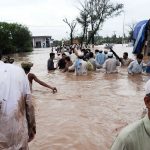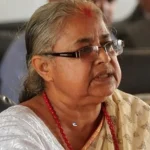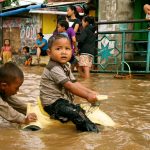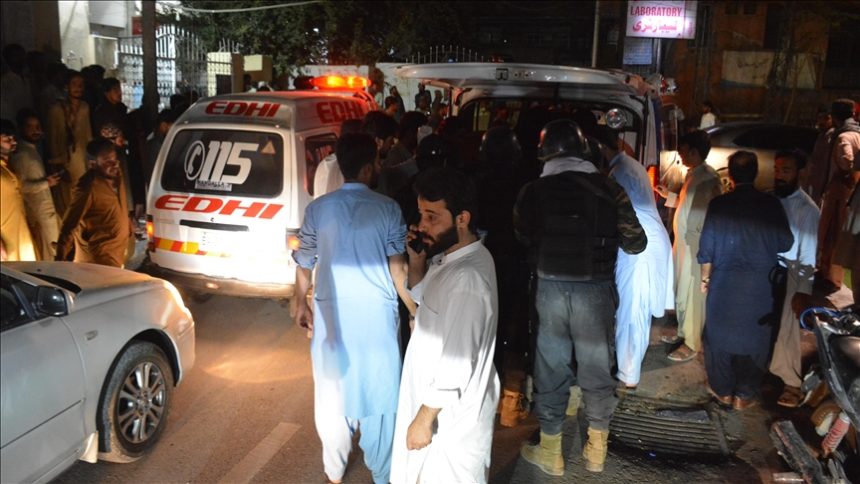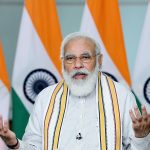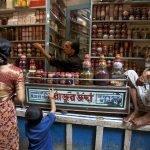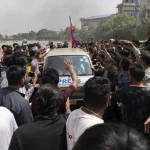Deadly Blast Shakes Balochistan
A suicide bomber struck near a political rally’s parking lot in Quetta, Balochistan, killing at least 13 to 15 people and injuring between 30 to 40 others, according to multiple official accounts. The attack occurred as attendees were dispersing from the event commemorating the death anniversary of veteran nationalist leader Sardar Ataullah Mengal.
Targeted Gathering: Balochistan National Party Rally
The rally was organized by the Balochistan National Party (BNP-Mengal) in Quetta’s Sariab area near Shahwani Stadium. Its leader, Akhtar Mengal, was present but remained unharmed. The homemade device, reportedly carrying around 8 kilograms of explosives, detonated approximately 500 meters away from the main venue, likely due to the presence of security barriers.
IS Claims Responsibility
The Islamic State (IS), via its propaganda channels, claimed responsibility for the attack, releasing an image of the alleged bomber with his face obscured. This appears to be one of the first IS-linked violent strikes targeting Baloch nationalist political figures.
Condemnations and Court of Blame
The bombing drew sharp condemnation from senior authorities:
- Balochistan Interior Minister Hamza Shafqaat denounced the act as “cowardly.”
- Federal Interior Minister Mohsin Naqvi attributed the attack to “India-backed terrorists,” a claim routinely made by Islamabad but consistently refuted by New Delhi.
Additional Violence Across Provinces
The rally attack was not isolated. On the same day:
- An amateur explosive struck a convoy near the Iran border in Balochistan, killing five.
- In Bannu, Khyber Pakhtunkhwa province, a militant raid led to the deaths of six security personnel and six attackers.
These incidents collectively pushed the day’s death toll beyond 22.
Region Marred by Persistent Militant Activity
Balochistan remains volatile, plagued by low-level insurgencies led by separatist groups like the Balochistan Liberation Army. However, this latest attack signals a shift—terrorists linked to global jihadist networks such as IS are now targeting nationalist political gatherings that traditionally flew under their radar. Quetta, the provincial capital, has witnessed repeated militant strikes affecting civilians and political figures alike.
Looking Ahead
- Investigation Intensifies: Authorities are probing IS’s claim while reviewing security lapses.
- Political Fallout: Violence targeting nationalist symbols may heighten tensions between Islamabad and regional leaders.
- Security Responses: Expect escalated counter-terrorism operations and heightened vigilance ahead of future gatherings.
This tragic attack reminds us that Pakistan’s internal security threats remain multifaceted—blending separatist unrest and insurgent extremism into a persistent national challenge.



